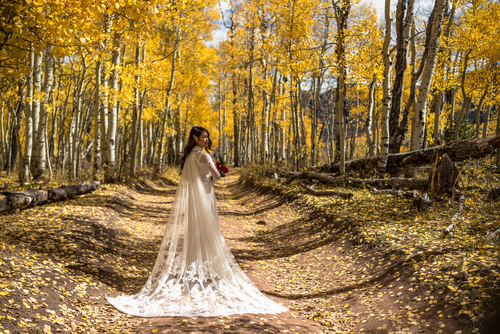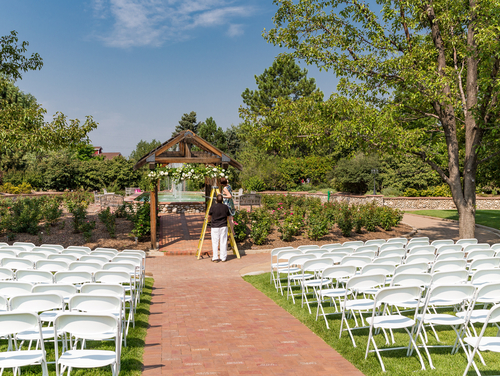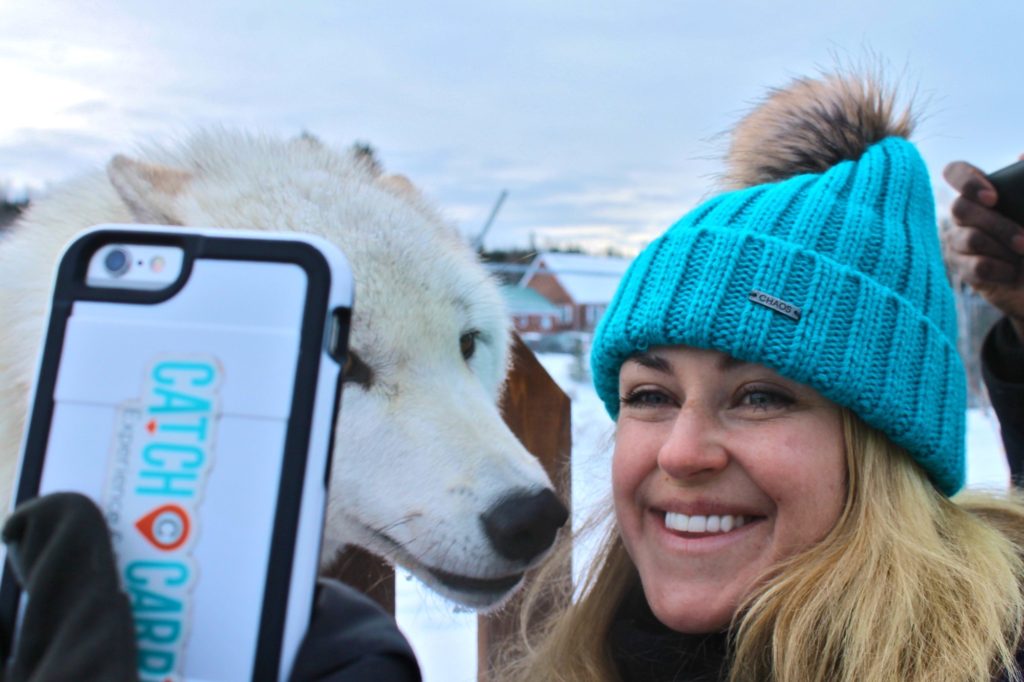
6 Things To Consider When Planning A Destination Wedding In Colorado
Weddings are such a lovely occasion. As the bride or the groom, the excitement sends you on a heart-pounding frenzy on every step of your journey to the altar. From the time that you announce your engagement, until the day you say your “I Do’s,” there’s so much for you to look forward to, with location as one of your most significant decisions to make.
A destination wedding is a great experience, not just for the couple, but for the guests as well. A part of your festivities includes not only the ceremony and the reception, but even pre- and post-wedding activities like discovering the new place together.

In the United States, Colorado is one of the most popular wedding destinations. Here are things that you should consider when planning a destination wedding in Colorado:
1. Hiring a wedding planner.
Some couples are creative enough to DIY and plan their wedding themselves. However, when you are looking forward to have a destination wedding, it is advisable to hire a wedding planner, who is a local of Colorado. Your wedding planner will make the process smooth, especially if you live far away.
Your wedding planner can help you with:
- Looking for the right location based on what you want
- Booking the venue
- Booking local ministers
- Looking for suppliers based on your theme, such as rustic event food ideas
- Hiring hosts, singers, contractors and photographers
- Making your wedding website for guests’ easy access to maps, updates, hotel options, and registry, through contractors such as Clique Denver.
2. Check the officiating restrictions.
If it is your wish to get married at a local church, or to have a religious minister as your officiating person, check the rules of the local church.
Ask the following questions:
- Do you officiate weddings to non-members?
- Do you allow religious weddings outside of the church?
- What are the requirements that should be prepared by the couple?
These questions are essential, as some churches or religions are strict with rules; they only allow weddings to be done in their church if either one of the couples is a member. Ask these questions to avoid any trouble with this matter.
3. Consider the price.
Destination weddings are expensive, especially during peak wedding seasons, like the fall to winter season. In Colorado, Aspen is popular for winter weddings. If your wedding date falls during the peak season, the price that you have in mind may not be the same, as they may have increased. Check it with your planner to avoid any budget stressors that you might cross later.
4. Study how to get around Denver.
As you are not a local, familiarize yourself with the transport system of Colorado. When you send your Save The Dates, it is crucial that you include how they can get around Denver. One of the concerns when traveling to a new place is transportation, and knowing about this beforehand will make your trip more easy-breezy.
You should also ask about the accessibility of hotels, and how to get to and from main transport stations to the wedding venue, if you do not have private transportation arranged for all the guests.
5. Ask about Colorado’s weather.
The last thing that you would want is to have rain on your wedding day, especially if you are going to have an outdoor wedding. Although these weather schedules are not a hundred percent accurate, it will be perfect to at least have an idea as to what the climate will be, so that you will know if you may have to move your wedding date.
Here are other reasons why knowing about the weather forecasts is essential:
- Your guests will be coming to your wedding, miles away from home; it will be good for them to know what clothing they should bring, in case of any changes
- You can have a Plan B, if you don’t want to move your date, and if the forecasts along those days are not favorable.
6. Be cautious about Colorado’s altitude.
Colorado has a higher altitude compared to other states in America. For example, Colorado is 5,280 feet higher than New York. Most of its wedding destinations go even higher than that altitude. Ask your wedding coordinator what it is you, and your guests should do to prepare as precautions.
This high altitude may not pose a problem to the younger ones; but for the older guests, especially those with heart and breathing problems, this high altitude can be a discomfort. A great tip is to inform your guests of the altitude level and ask those who might have some worry to seek their doctor first before flying in for the wedding.
Conclusion
Weddings in Colorado are a great experience; it is nicknamed “Mile High City” for a reason. The views are scenic, spectacular, and varied. From lush forests to lake views and even to snowy mountains, whatever view you want, Colorado will have you falling in love even more.










